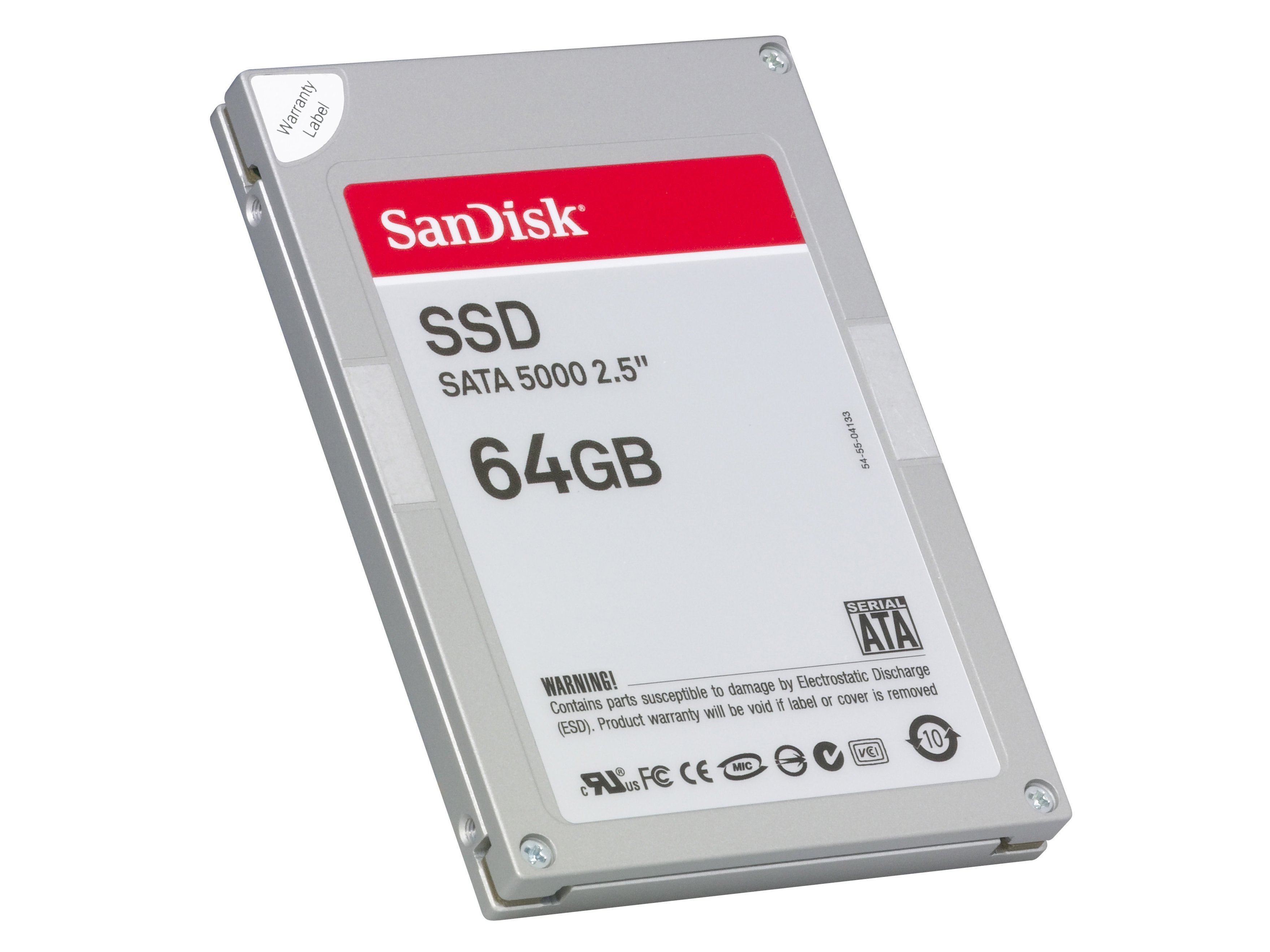Molecular memory promises storage boost

Scientists at Rice University in Texas have discovered that an ultra-thin strip of graphite, just 10 atoms thick, can form the basis of a whole new type of molecular memory.
The substance, called graphene, would increase the amount of storage in a two-dimensional array by a factor of five, as individual bits could be made smaller than 10 nanometers, compared to the 45-nanometer circuitry in today's flash memory.
The new memory can also be made using only two terminals instead of the usual three, allowing them to be stacked to create massively dense memory layers.
Marvelous mechanical molecular memory
Being essentially mechanical, graphene chips will consume virtually no power while keeping data intact – just as the electronic ink in e-book readers maintain an image even when the power is off.
The new type of molecular memory generates little heat but is able to function over a huge temperature range (-75C to +200C), allowing it to function in close proximity to today's high-temperature processors, and helping further miniaturisation.
The switches are tough and extremely fast - faster even than the Rice Uni scientists could measure in their lab.
Sign up for breaking news, reviews, opinion, top tech deals, and more.
The really good news is that the graphene chips are reported to have drawn 'serious interest' from industry, so molecular memory might be one technology that actually sees the light of day.
Mark Harris is Senior Research Director at Gartner.